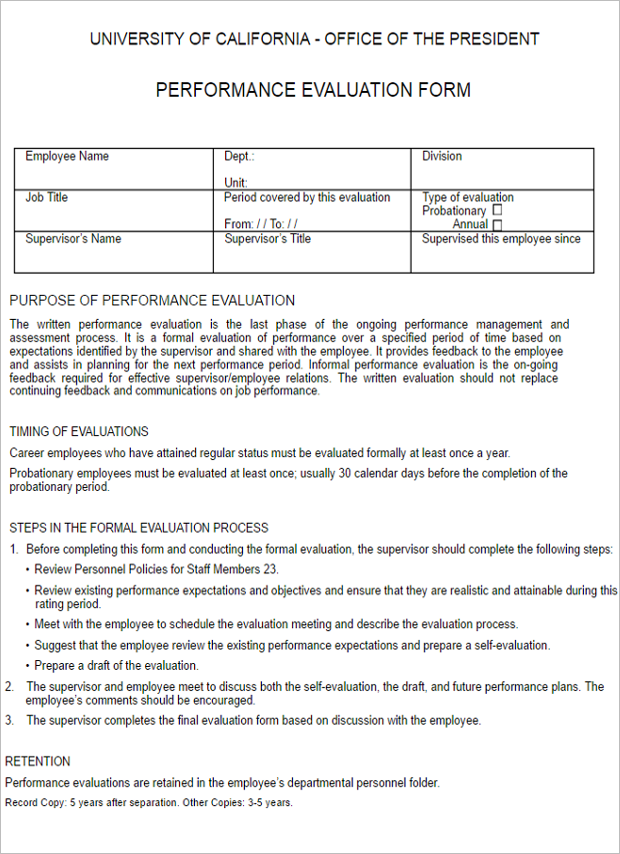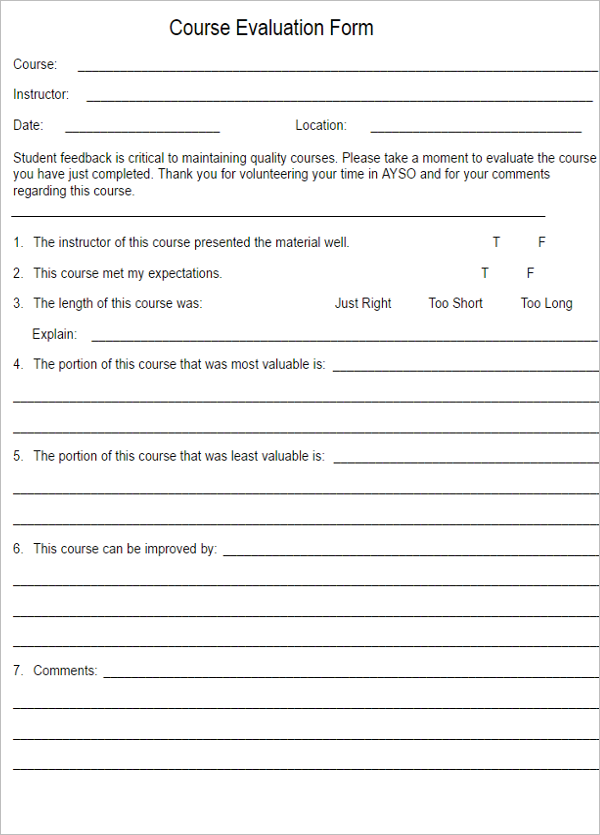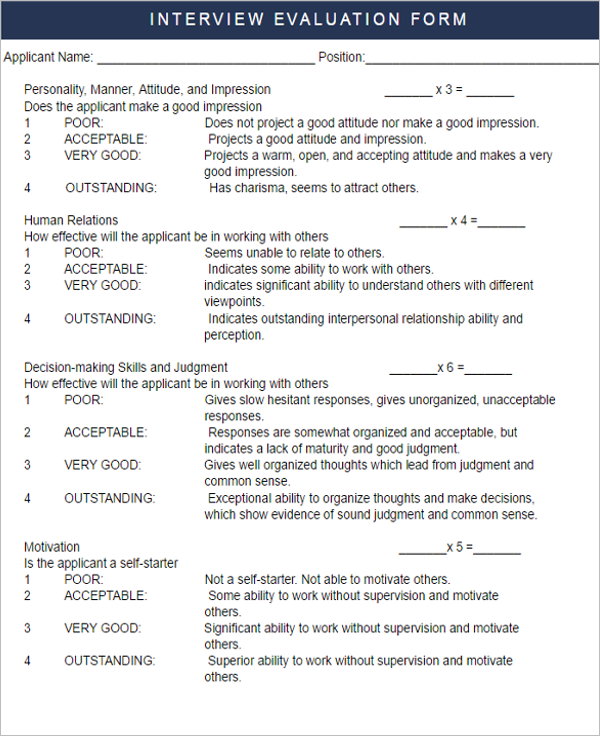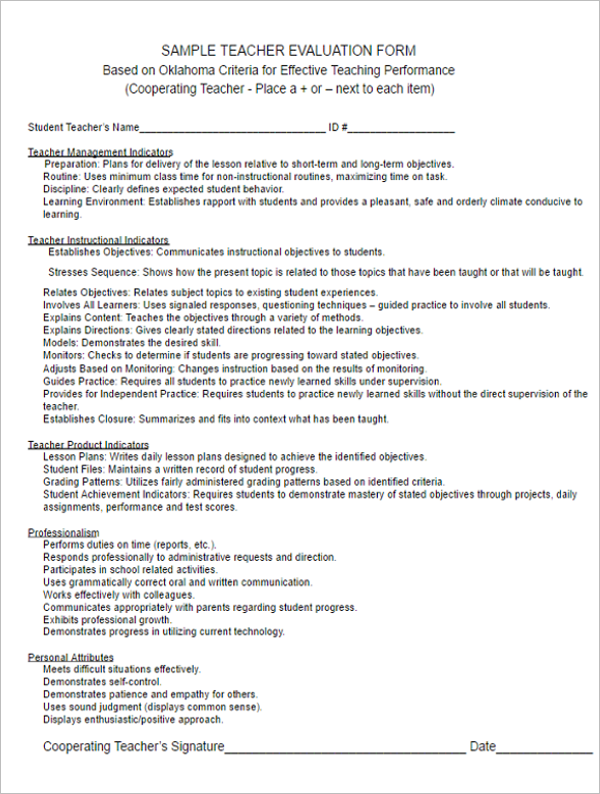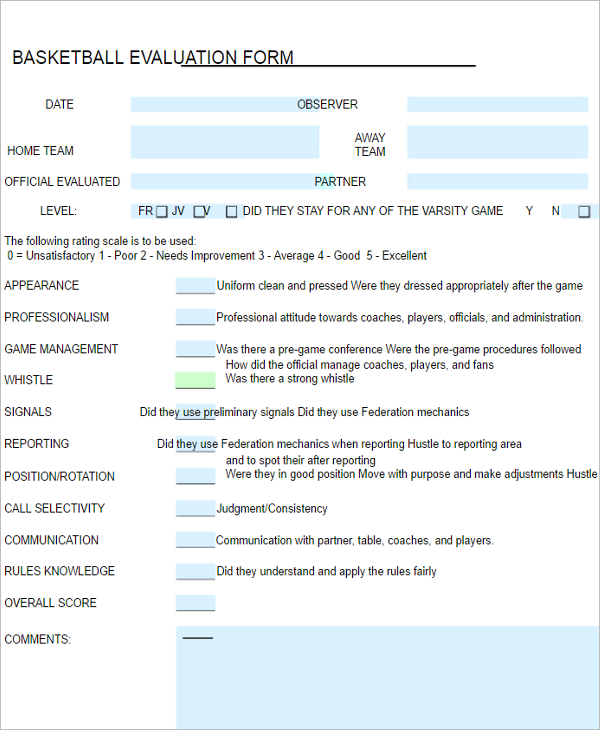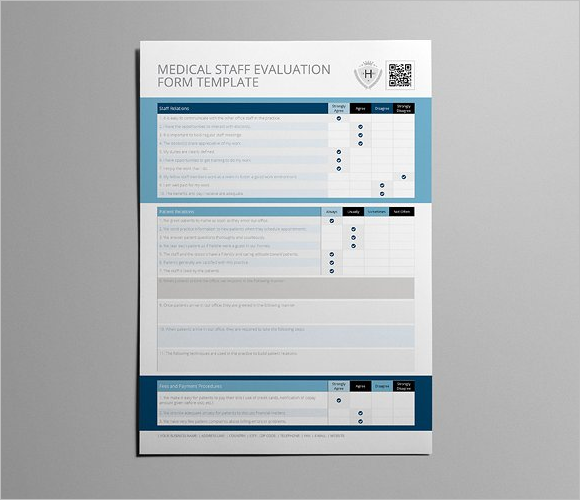Many people think of evaluation as taking a snapshot of outcomes at the end of a program to prove to a funder that it worked or failed. These same
people don’t hold evaluation in many regards because they feel they are getting too little information too late in the day, especially if their program fell short of expectations or made no difference at all. Evaluation can, and should, however, be used as an ongoing management and learning tool to improve an organization's effectiveness. Well-run organizations and effective programs are those that can demonstrate the achievement of results. Results are derived from good management. Good management is based on good decision making. Good decision making depends on good information.
Information requires good data and careful analysis of the data. These are all critical elements of evaluation. Evaluation refers to a periodic process of gathering data and then analyzing or ordering it in such a way that the resulting information used to determine whether your organization or program is effectively carrying out planned activities, and the extent to which it is achieving its stated objectives and anticipated results.
Evaluation forms are necessary because evaluations done internally, conducted by and for program managers. And staff, there still a need for large-scale, external evaluations conducted periodically by individuals from outside the program or organization. Most often these external evaluations required for funding purposes or to answer questions. About the program’s long-term impact by looking at changes in demographic indicators such as graduation rate or poverty level.

